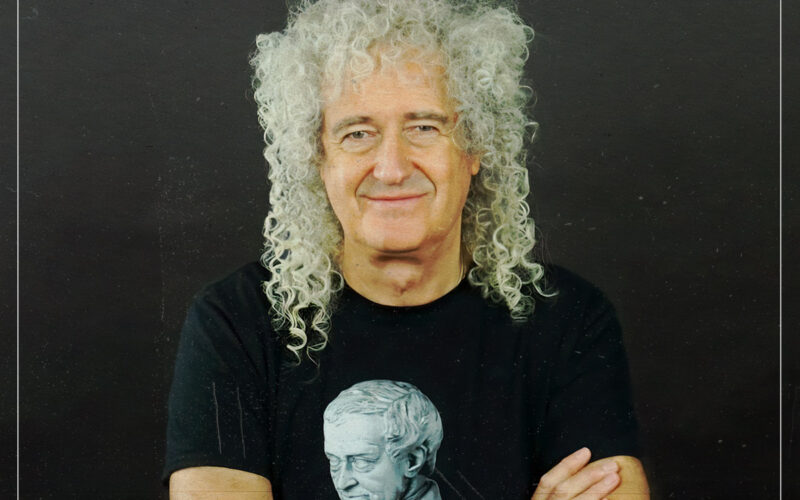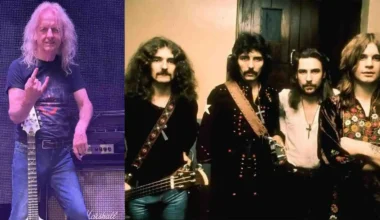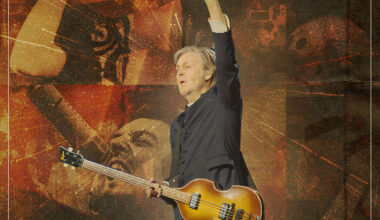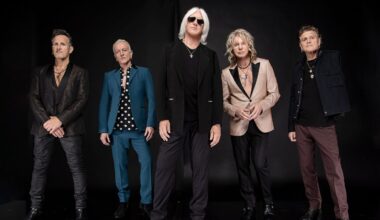Let’s get one thing straight: the guitar is not in an exclusive relationship with rock music. I know that might be hard to get your head around, but the humble instrument that has been the launchpad for so many musicians is perhaps one of music’s most versatile of all. Sure, 12-bar blues gave rock its foundations, but ever since, it has been involved with the emergence of all genres.
Still, if you walked into an empty gig space and saw a technician tuning up a couple of electric guitars, you would swiftly assume you’re in for a night of bonafide rock and roll. Maybe that’s down to the raucous 1970s, the decade when The Beatles finally let their chokehold over music slip, allowing a brave new generation of headbangers to take ownership of the instrument.
Black Sabbath stepped into to introduce the realms of heavy metal, while Pink Floyd took off into the stratosphere and perfected the art of psychedelic rock. The goalposts were widened and all ideas were embraced, paving the way for Queen to become the masters of rock opera.
Of course, in the 1970s, many other bands were considered “cool” and embodied the anti-establishment leanings of rock and roll far better than the British band. For many, this was the true essence of rock and roll, and so they were quick to dismiss Queen as just another simple pop act. But regardless of your thoughts on their discography, the technicality of their musicianship was deeply rooted in the sensibilities of the genre.
Freddie Mercury’s vocal range and showmanship were as powerful as any of his contemporaries in the decade, while Roger Taylor provided the sort of powerful backbeats commonplace in rock songs. But of the lot, Brian May embodied the spirit of rock and roll that many of their critics said they were lacking.
He could layer high-spec guitar scales over one another to make rapturous guitar lines that ran through songs like thunder. Lines that, when stripped of the breathtaking charisma of Mercury and pounding beat of Taylor, could be clearly seen as products of traditional influence.
When asked about the players who inspired him the most, May went back to the humble rock roots of the 1950s: “At the more rock ’n’r oll end, there is James Burton, one of the originators of rock guitar playing, who played for Elvis and Ricky Nelson. I was lucky enough to play with him recently. He’s a real inspiration. It’s not just the sound – it’s the fact that he can bend strings, and make the guitar speak.”
May was ultimately the sort of guitarist whose work transcended genre. While we credit his playing as the vehicle upon which the glamour of rock opera soared, he was a master craftsman who built on blues sensibilities. It was the solid foundation that he could always turn to, be it finding a safe scale to explore in a six-minute epic or, in the later years of Queen, the point of reliability that would make their foray into disco and funk make sense.






